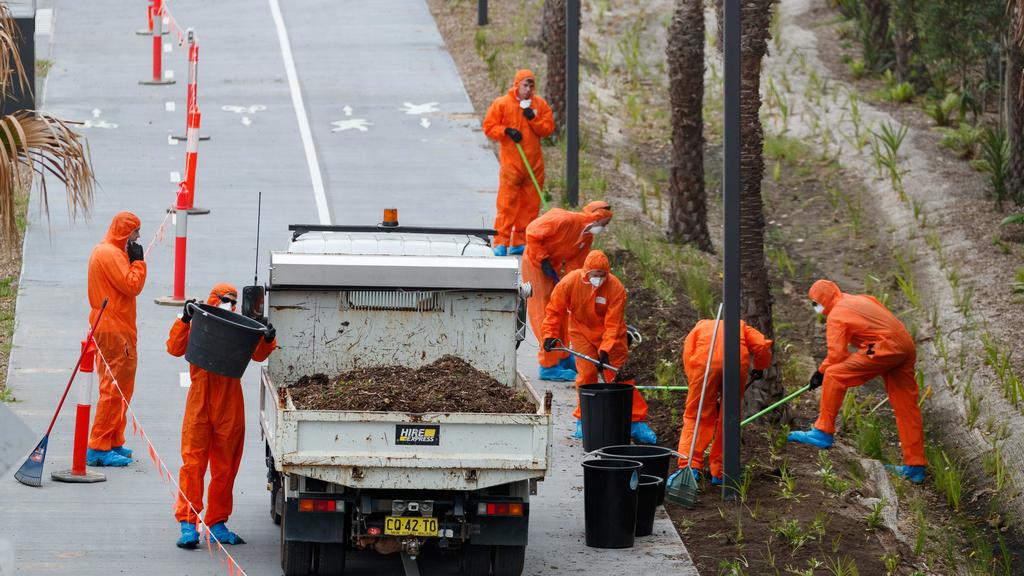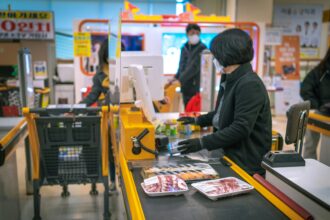A Sydney butcher has sounded the alarm on Australia’s skilled trades crisis after receiving over 140 job applications from overseas candidates—none with the right qualifications. Clayton Wright, a fourth-generation butcher, offered a $130,000 salary but failed to attract a single suitable applicant from Australia.
Despite advertising the role for months and spending over $1100 monthly on Seek, Wright found most applicants lacked basic butchery experience and English fluency. “They all want a sponsorship,” he explained, frustrated at the lack of domestic interest. Many overseas applicants had halal slaughter knowledge but no trade credentials.
Widening Skill Gaps Leave Businesses Struggling
Wright’s experience isn’t unique. Across Australia, businesses face a desperate shortage of qualified tradespeople. With rising wages, superannuation, and living costs, many employers now describe this not just as a staffing issue, but an “economic threat.”
“It’s not a matter of money,” Wright emphasized. “We’ve had a decades-long drain on people that have not picked up the trade. This is what we’re suffering now.”
His company, Clover Valley Meat Company in Alexandria, is ready to double its workforce—but has no one to hire. Business NSW CEO Daniel Hunter confirmed this is a state-wide trend: “We’re hearing from business owners advertising jobs multiple times without success.”
Hunter added that regional employers suffer even more. A recent survey by Business NSW revealed 80% of regional businesses are struggling to hire, while 75% report heavier workloads on existing staff. Many business owners are “getting back on the tools” themselves.

Vocational Reform and Migration Solutions Proposed
Business NSW is calling for a three-part solution—train more youth, re-engage older workers, and increase skilled migration. “There’s no silver bullet,” said Hunter. “You must grow your own talent, better use those already here, and welcome skilled migrants.”
The business lobby also recommends doubling the Work Bonus scheme for pensioners and aligning migration policies with industry needs. Hunter stressed smarter workforce planning and reform to international student caps, warning, “The government’s message on caps is harming business confidence.”
Their 2024 State of Skills report paints a grim picture. Over a quarter of employers needed five or more recruitment attempts for a single role. Seventy-seven percent couldn’t find qualified staff, 36% postponed expansion plans, and 27% lost business to competitors.
Cultural Shifts and Education Gaps Fuel the Decline
Wright believes the trade crisis started decades ago, when schools pushed university over vocational paths. “Traditionally, school leavers became plumbers or electricians,” he explained. “Now, even kids without academic strengths are kept in school until they’re 17 or 18.”
He said many young people finish school without a practical mindset, and trades no longer attract the same respect. “There was a time you’d be ashamed to say you were a butcher. Now, thanks to cooking shows and media, butchers are celebrities.”
He stressed that despite the award wage for apprentices being around $58,000, most butchers earn double or even triple that—many taking home $2,000 per week. Wholesale butchers earn more.
Wright insists vocational training needs a refresh. “It all starts at the school. We need to reframe trades as lucrative, respected careers. There are so many opportunities in trades, but a generation mentally scarred by COVID isn’t stepping up.”
Hunter echoed the need for rebalancing education pathways. “We must recognize vocational routes as excellent career options,” he said. Without it, small businesses—the economy’s backbone—face unsustainable pressure.
In a nation near full employment, the skilled trades crisis is no longer a hiring problem. It’s a national economic emergency demanding immediate reform, cultural reset, and coordinated action.






